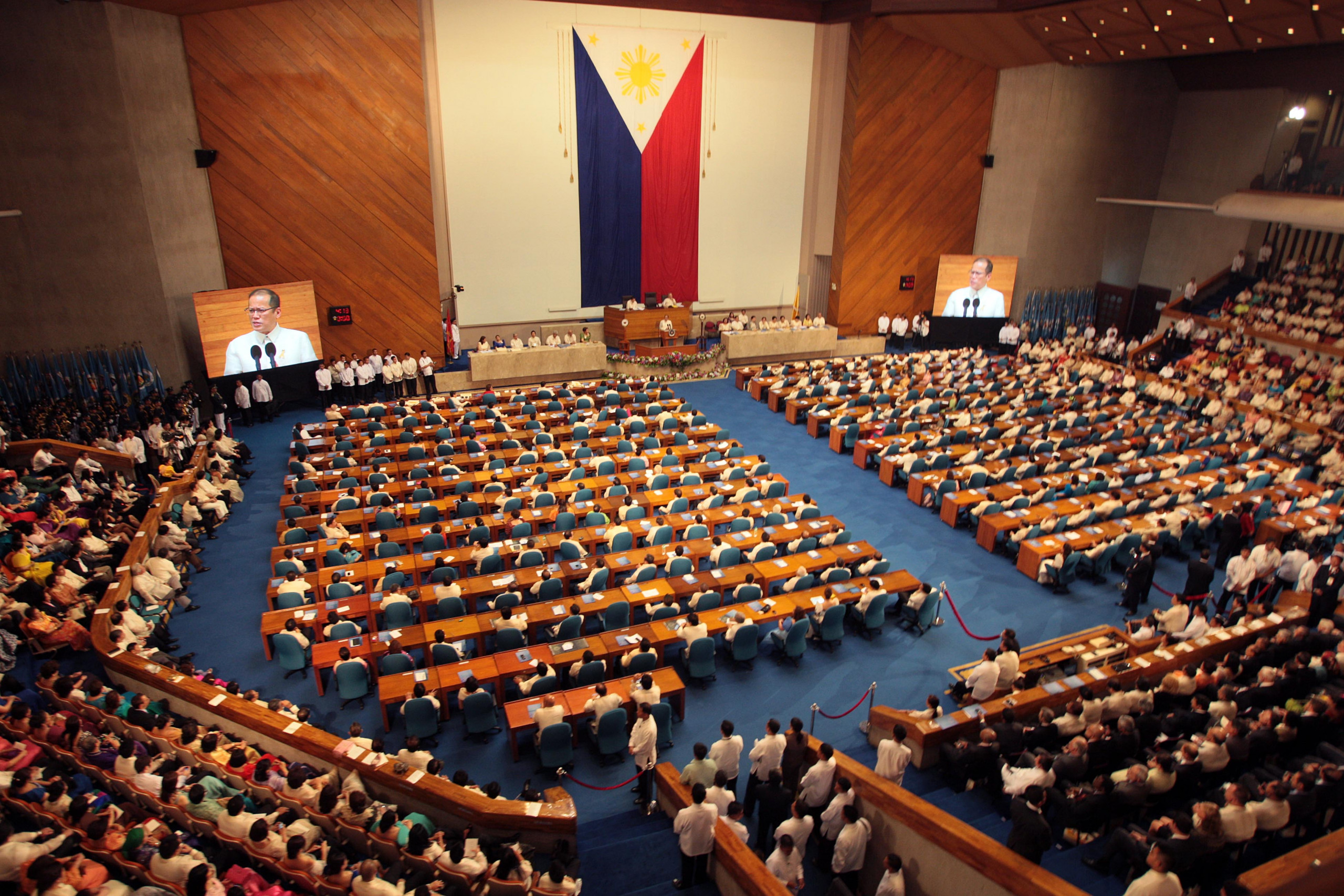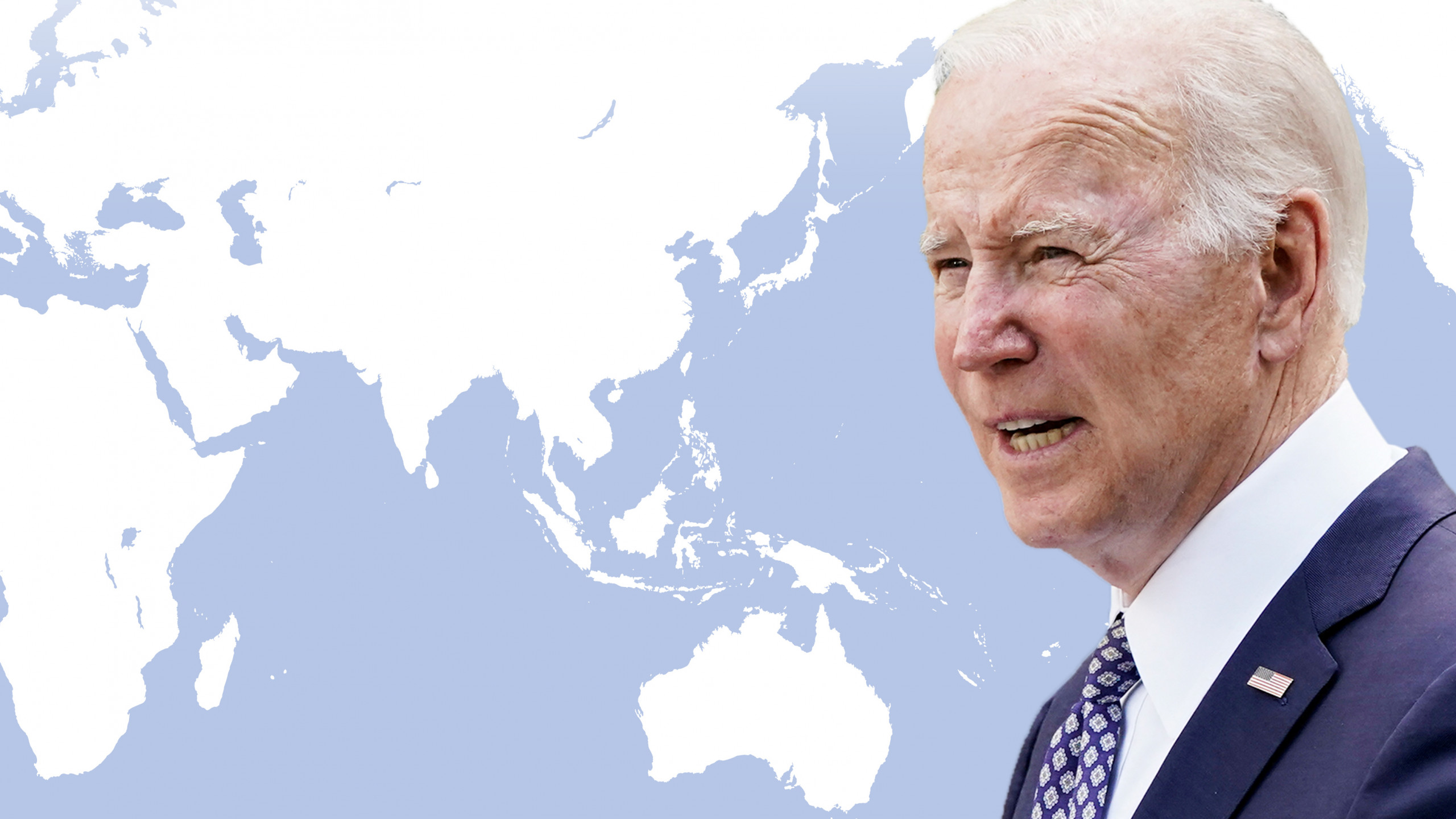By easing the strict rules in foreign direct investments, the Philippine market opens up to foreign investors
The Philippines represents a very special case in the ASEAN landscape. The archipelago, located in the center of the China Sea, is geographically referred to as "part of the Far East". However, due to its history and origins, it would be more appropriate to call it the "Far West". In fact, the Philippines, in addition to being one of the strongholds against Chinese expansionism in the area and one of the barrier bases set by the US in the Pacific, continue to be one of the most important pawns of Western economic policy in Southeast Asia.
The dichotomy between East and West is also reflected in domestic politics. In recent years, President Rodrigo Duterte has tried to open up the domestic market more and more to Western companies, pushing for a relaxation of the strict rules on foreign direct investment, considered by the OECD, in a 2019 report, among the most restrictive of their kind in all of Southeast Asia.
The obstacles to foreign investment in the archipelago have created, indeed, a market dominated in various sectors by large local conglomerates. That is why the Philippine Senate is now ready to adopt, by the end of May, a legislation amending three laws - the Foreign Investment Law, the Retail Trade Liberalization Law and the Public Services Law - approved by the House of Representatives last year.
Currently, under its Constitution and the laws in place, the Philippines remain a country with a number of restrictions on foreign investments, in addition to a series of restrictions on other areas, such as private property or employment. Depending on the business sector, the restrictions on foreign investments can be very severe, in particular for companies with share capital of less than 200,000 USD. Furthermore, for some professions, the exercise of them by a foreigner is prohibited or is made very difficult. A foreigner or a company with foreign capital cannot own more than 40% of a land. The share of corporations that can be held by foreigners generally ranges from 0% to 40%, depending on the sector in question, with some exceptions if the investment exceeds certain thresholds. Full private ownership is allowed to foreigners only in retail, but heavy restrictions are imposed on paid-up capital and investments, discouraging entry. Foreign companies usually enter the Philippine market through joint ventures with local partners or franchise chains, but system’s inefficiencies often emerge due to the lack of management control and the greater protection usually enjoyed by local competitors, further discouraging the foreign intervention.
Not surprisingly, according to the Central Bank of the Philippines, net foreign direct investment in the country fell to $ 6.5 billion in 2020, marking the third consecutive year of decline. To counter the trend, in June 2020, the Philippine government announced the approval of 12 new economic zones, which will be managed by the Philippine Economic Zones Authority,, the largest investment agency in the country which has the task of assisting foreign investors and facilitate their business operations in the country, with the power to grant tax and non-tax incentives. However, under the Corporate Recovery and Tax Incentives for Enterprises Act (CREAT), considered the largest fiscal stimulus program in the country's history, the government will immediately reduce the corporate income tax rate from 30% to 25% and the incentives (such as tax breaks, logistical support and facilitated customs procedures) will be decided by the President on the advice of the Fiscal Incentives Review Board (FIRB). Opening the Philippine market to foreign investors and reducing bureaucratic constraints related to business are therefore among the top priorities of the Duterte government. A goal that now appears close, after the failed attempts of the previous administrations and that will move the axis of the Philippines even more towards the West.






